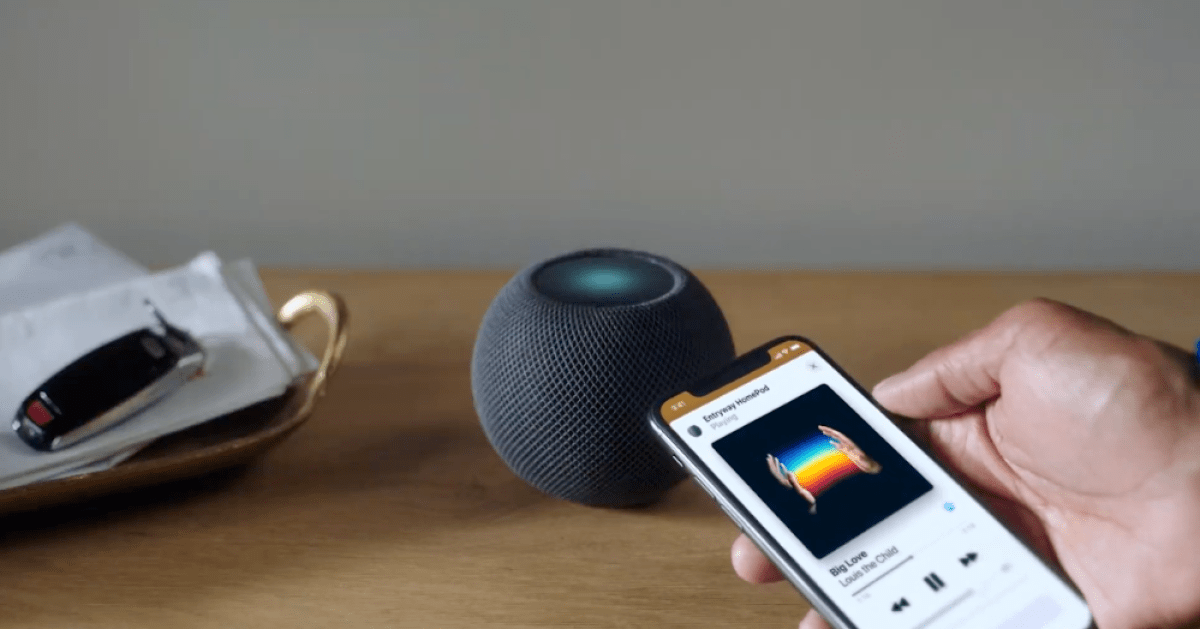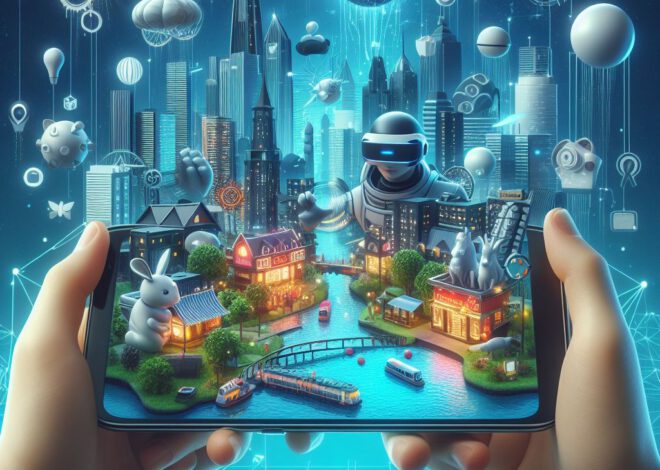
Apple HomePod Mini Paves the Way for HomeKit’s Success
When Apple launched the HomePod in 2018, it was seen as a late start in the world of smart speakers. Both its main rivals, Amazon and Google, were already building up a healthy collection of speakers by then, and it also didn’t help that the HomePod carried a premium price. Sure, the focus was on delivering a speaker with premium audio, but the high price point prevented it from appealing to a broader range of consumers. Thankfully, Apple has learned its lesson with the announcement of the HomePod mini.
Even though the name implies some obvious aesthetic changes, the single best part about the announcement is the fact that it’s now Apple’s most affordable home hub for HomeKit-enabled smart home gadgets. That may seem like an insignificant claim, but it’s exactly what Apple needed to offer. You just couldn’t access a security camera or control a smart lock at home without a home hub. It’s a critical piece in talking with all of your HomeKit devices when you’re outside of your home’s Wi-Fi network.
 Image used with permission by copyright holder
Image used with permission by copyright holder
Prior to today’s announcement, the cheapest home hub sold by Apple was the Apple 4K TV at $179. While you could argue that’s still pricey, it’s better than the $299 you’d need to fork over for the original HomePod — or the $329 for the iPad (8th generation). Out of the bunch, the iPad is an unreliable candidate in acting as a home hub because of the battery drain and the fact that people use them outside of the home. Naturally, this isn’t a problem for the Apple TV 4K or HomePod because they’re stationary and constantly powered.
Those higher prices have really been what has deterred consumers, which is exactly why Apple has trailed its rivals in the smart home space. You could debate how Apple missed out on a prime opportunity with the original HomePod, but now it’s about playing catchup and bridging the gap.
Another important aspect to mention is the security and privacy prowess of HomeKit. There’s actually a sophisticated system in place whenever commands are sent from your iPhone to a HomeKit device. The home hub acts as a sort of middle man that relays commands through iCloud in a secure manner. Now that the HomePod mini has a more attractive $99 cost, it spells good news for HomeKit -nabled gadgets as a whole. Sure, the audio performance may not eclipse the original, but you’re still getting all of Siri’s smarts in the home.
The impending release of the HomePod mini is an opportunity to woo even more partners and companies to develop HomeKit-compatible products. It will be interesting to trace how successful the HomePod mini may become, especially since the original HomePod was never viewed as a homerun. The lower cost by default gives this speaker a leg up, but more importantly, it’s helping to pave the way for HomeKit’s broader success in the smart home.
We’re still a decent while away before it’s released, but don’t forget about all the Apple deals happening right now for Amazon Prime Day.


